Ajax send request with encoding gzip (iis7) is not working below are the code for send request can some one help me what is wrong in my code.
Thanks in advance
function sendRequest(url, callback, postData)
{
var req = createXMLHTTPObject();
if (!req) {
return;
}
var method = (postData) ? "POST" : "GET";
req.open(method, "xml/" + url, true);
req.setRequestHeader('User-Agent', 'XMLHTTP/1.0');
if (postData) {
req.setRequestHeader('Content-type', 'application/x-www-form-urlencoded');
req.setRequestHeader("Content-Encoding", "gzip");
}
req.onreadystatechange = function() {
}
req.send(postData);
}
